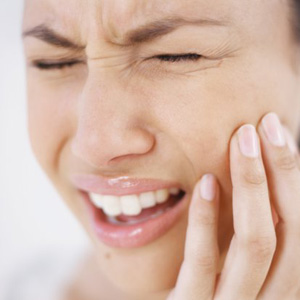Oral lesions or mouth and tongue lesions refer to bumps, lumps, sores or ulcers inside the mouth. Sores in the mouth or on the tongue may occur as a result of inflammation, infection or cancer. Fungal and viral infections are the leading causes of oral lesions in people around the world.
A person with oral lesions may experience mouth or tongue pain, inflammation of the mouth or tongue, redness, oral sores, ulcers and bleeding. Additional symptoms may also include gum swelling, swollen lymph glands in the neck and a white coating inside the mouth.
Disclaimer: this post on oral lesions is for learning purposes only. To learn more about infections, fever’s and wound care enrol in first aid and CPR training programs.
Causes
Causes of oral lesions may include:
- Aphthous ulcers
- Behcet’s syndrome
- Canker sores
- Cold sores
- Hand, foot and mouth disease
- Herpangina
- Herpes gingivostomatitis
- Glossitis
- Dental appliances
- Oral thrush
- Oral cancer
- Oral cysts
- Lupus
- Vitamin deficiency – scurvy and beriberi
- Hairy leukoplakia – white discoloration inside the mouth
- Zinc deficiency
Signs and symptoms of oral lesions
Signs and symptoms of mouth and tongue lesions include:
- Oral lumps
- Bleeding of the mouth or tongue
- Pain in the mouth or tongue
- Oral sores
- Selling of the mouth or tongue
- Tenderness of the mouth or tongue
- Oral ulcer
- White coating inside the mouth
- White discoloration inside the mouth
- Dark spots on the gums
- Swollen lymph glands in the person’s neck
Treatment
Treatment for mouth or tongue lesions depends on the underlying cause. Treatment options given by your health care provider may include antibiotic, antiseptic mouthwash, antiviral medication, saltwater gargles and nonsteroidal anti-inflammatory medication to reduce pain. For severe conditions, the oral sore may have to be surgically removed.
Specific treatment measures for mouth or tongue lesions include:
- Antiviral medications for viral lesions in the mouth
- Antibiotics for bacterial lesions in the mouth
- Regular saltwater gargles
- Antiseptic mouthwash
- Nonsteroidal anti-inflammatory drugs to reduce pain – ibuprofen and naproxen
- Following a proper oral hygiene
- Biopsy for oral lesions that may be cancerous
- Surgical removal of oral lesions
Home care treatment
- Quit smoking and avoid passive smoking
- Stop chewing tobacco
- Have soft foods
- Maintain a proper oral hygiene—brush after every meal and flood every day
- Gargle with saltwater at least thrice per day
- Take oral numbing medication
- Take acetaminophen or ibuprofen for pain
Warning signs
See your doctor if any of the following problems occur along with mouth lesions:
- Worsening oral or mouth or tongue pain
- Worsening swelling of the mouth or tongue
- New oral lesions
- Difficulty breathing
- Difficulty chewing
- Difficulty swallowing
- Mouth sore or ulcer that does not go away within 10 days
- Abnormal discoloration of the mouth or tongue that does not go away within a week
- Drainage of pus from the mouth
- Fever of 101 degrees F or above
- Worsening pain in the throat
Learn More
To learn more about infections and breathing emergencies enrol in first aid training programs through St Mark James training providers.
